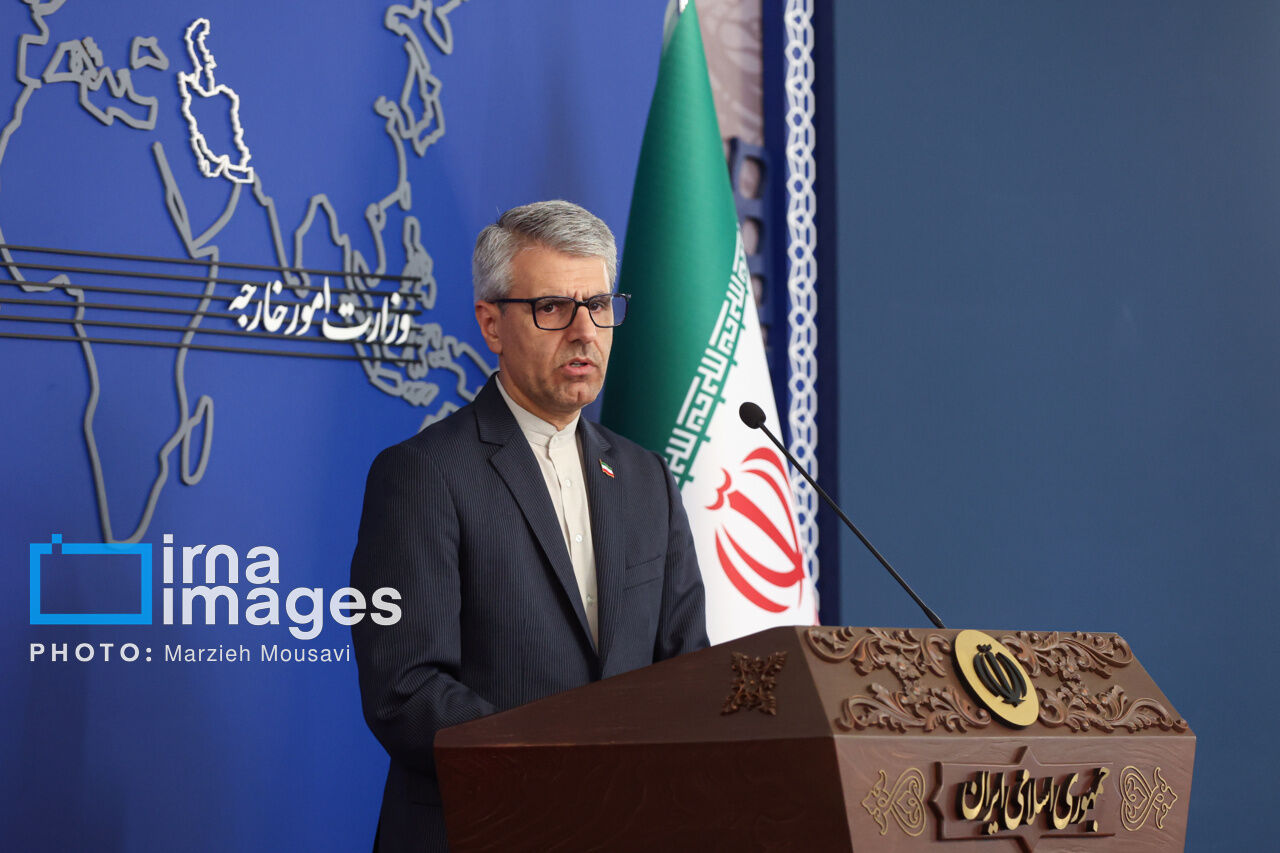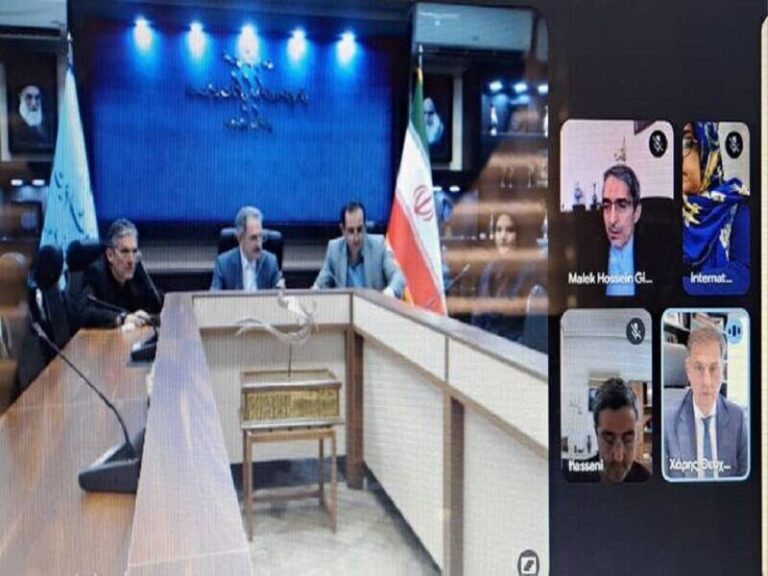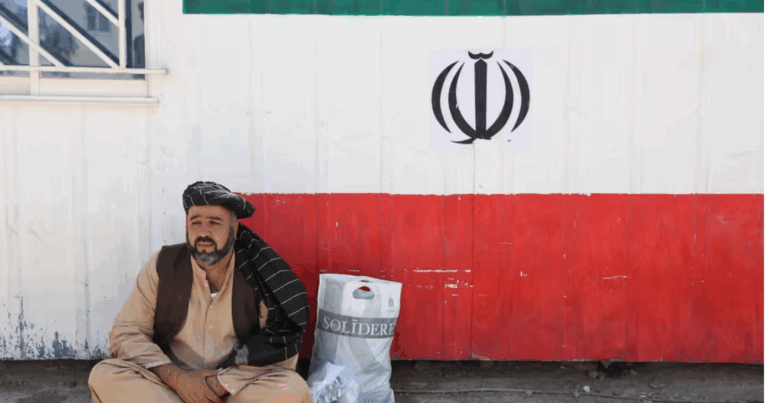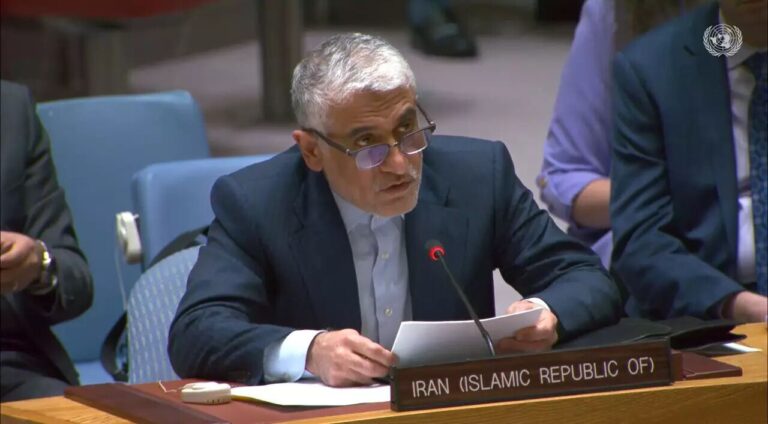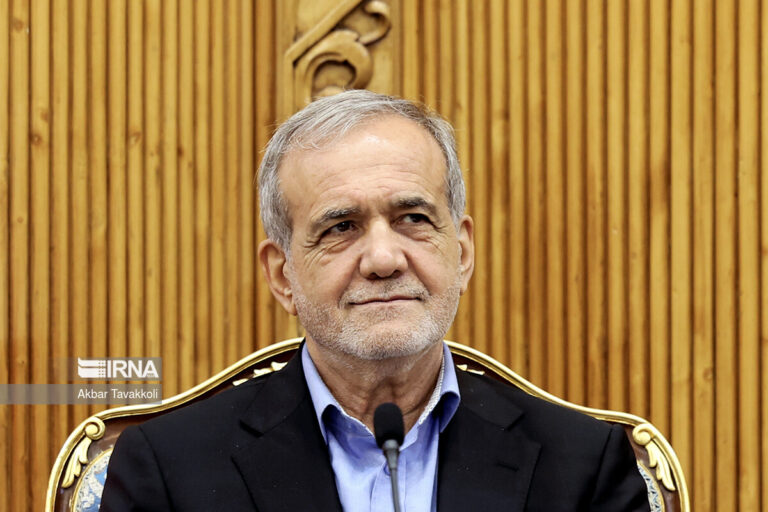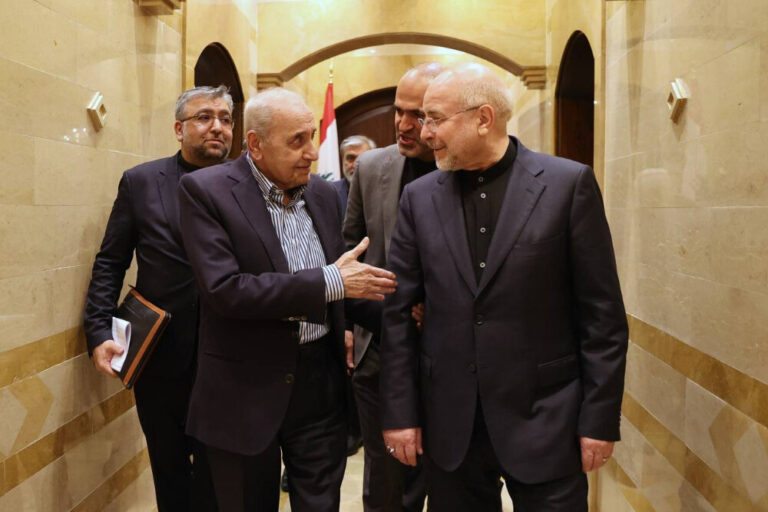Iran Concludes Challenging Fourth Round of U.S. Talks: A Step Forward?
The recent round of indirect negotiations between Iran and the United States has concluded in Muscat, Oman, with both parties acknowledging the sessions as “difficult but useful.” This dialogue is crucial in addressing ongoing tensions and misunderstandings regarding key issues such as Iran’s nuclear program and sanctions.
On Sunday, Foreign Ministry spokesperson Esmaeil Baqaei took to X to announce the conclusion of these important talks. He emphasized that the discussions have fostered a better understanding of each side’s positions and have opened up avenues for realistic solutions to their differences.
Baqaei stated, “We engaged in difficult but useful talks to better understand each other’s positions and to find reasonable and realistic ways to address the differences.” He also confirmed that the next round of negotiations would be organized and announced by Oman.
The talks were led by Iranian Foreign Minister Abbas Araqchi and U.S. Special Envoy to the Middle East Steven Witkoff, with the Omani foreign minister mediating their discussions. Here are some key points from the negotiations:
- The discussions lasted several hours in Muscat.
- Focus areas included Iran’s nuclear program and the lifting of economic sanctions.
- Challenges persist due to the U.S.’s firm stance on Iran’s nuclear activities.
Before the negotiations commenced, Witkoff highlighted the necessity for Iran to dismantle its nuclear energy program, particularly its uranium enrichment capabilities. In response, Araqchi declared that “enriching uranium,” a fundamental aspect of any nuclear initiative, is “non-negotiable” for the Islamic Republic.
